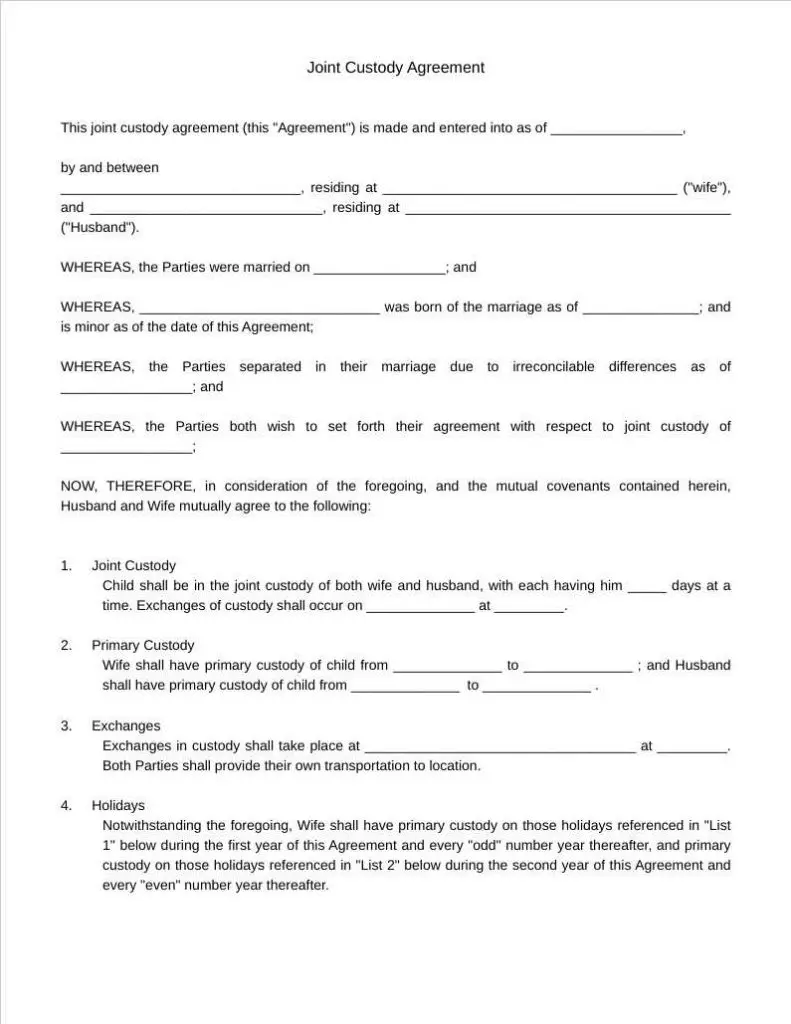
Divorced and separated parents often utter these words, but there is no single definition that encompasses the meaning of the term. As such, it would be easier to define joint custody first. Joint custody is an order in which the custody of a child is awarded to both parents.

As such, both parents are legally entitled to raise their children despite living in separate residences. While creating a parenting plan that includes child support payments and a visitation schedule may be a bit difficult to make, it is nonetheless a responsibility to make for the child to spend time with each parent.
In the United States, there are two types of joint custody: joint physical custody and joint legal custody. In the first one, the shelter and care of the children involved are shared according to a parenting schedule that is under a court order. In the case of joint legal custody, both parents share decision-making matters regarding the child, including his/her education, medical care, and religion, and have equal access to the child’s records.
It is crucial to create the ideal joint custody model with your divorced or separated partner. Leaving important decisions such as the custody arrangement up to the family court may be difficult for the children. According to Psychology Today, children are on the receiving end of the trauma during these developmental years all in the name of “fairness”. Having a state-arranged 50/50 joint custody arrangement responsibility may be harmful to the child as it leaves out the emotional and best interests of a child may need that the court may overlook.
Once the parents have decided on the custody schedule that works for them, it is crucial to test out the arrangement to see if it is actually feasible for all the people involved. It is also important to revisit the custody and visitation arrangement every year to see if it would still work for the family.
A good joint custody agreement happens when:
In general, children that have both parents present in raising them to do better in life. It is possible for parents to have a joint custody agreement, then the child will not have a difficult time. Many states have laws on their preference for joint physical custody, so it is important to look at your state custody guidelines to find out what your local court suggests.